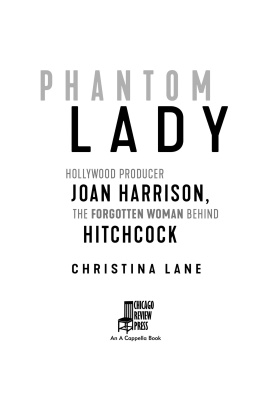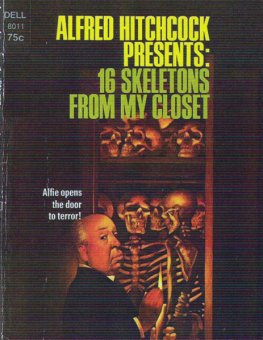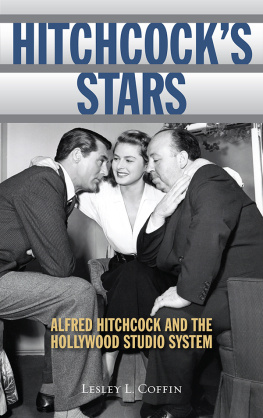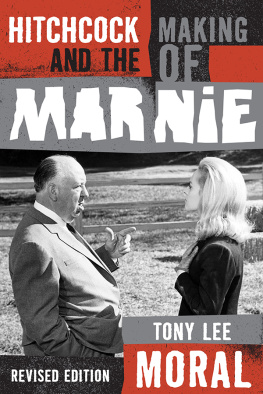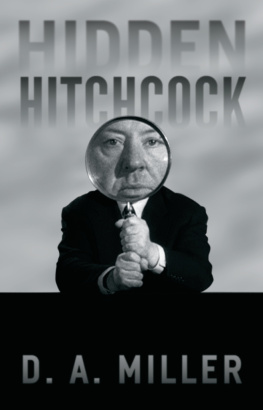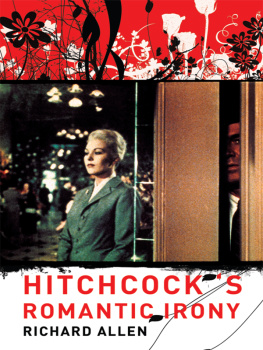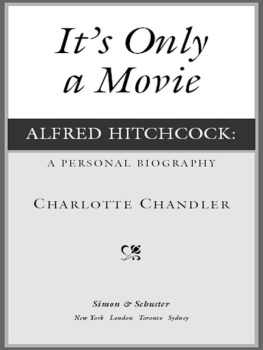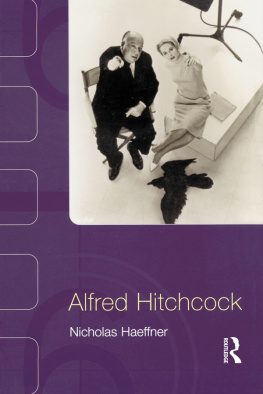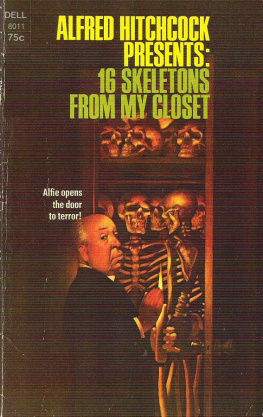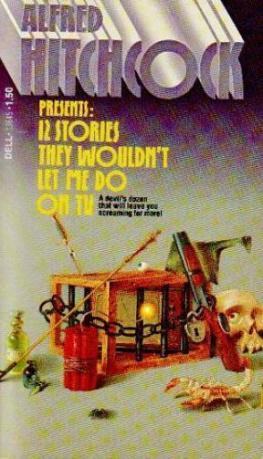November 1933
TWENTY-SIX-YEAR-OLD JOAN HARRISON didnt like waking up without a sense of purpose, which is why she was likely happily surprised when something unusual caught her eye: a blue note tucked into the morning newspaper that the family housemaid carried into her room with the usual breakfast platter of tea and crumpets.
Having only recently moved back to the Grove, her parents estate in the town of Guildford, Surrey, Joan was still in the habit of sleeping late. She had little intention of abandoning the bachelorette ways she had cultivated while living thirty miles east in Kensington, a district of London. She could still hop aboard the train to enjoy late-night parties at friends flats in the city.
Joan had returned home after a few years of working as a typist and a salesgirl in the British capital. Despite an active social scene there, boredom had set in. Just what was she going to do with her life? The question vexed her. She had confessed her malaise to a girlfriend only a short while ago. Her friend evidently took the conversation to heart, for it was she who had risen early, read the Daily Telegraph, and sent it along to Joan at the Grove. With it was a hastily jotted note that read, For your consideration.
The announcement began with the title Wanted: Young Lady. It specified, Highest educational qualifications, must be able to speak, read, and write French and German fluently, by producer of films. The ad had been placed by the Gaumont-British Picture Corporation, the leading movie studio in Britain. There was only one catch: the interview was in two hours. Setting aside her breakfast tray, Joan promptly began preparing.
Joans dissatisfaction with her direction in life had been building for some time. Years earlier, her parents had expected her to marry the boy next door, the son of a barrister, whom they adored.
She had first sought that escape at the Sorbonne in Paris, and then Oxford. Upon graduation, she declared to her father, Walter, that she wanted to be a newspaperwoman.
It was not a random aspiration. As publishers of the weekly Surrey Advertiser, the family ran what amounted to a newspaper dynasty. Joans maternal grandfather, Alexander Forsythe Asher, had been the Advertisers sole proprietor (as well as Guildfords mayor).
Why dont you marry that nice young boy? Walter countered. When he realized that his daughter would not be dissuaded, he acquiesced. But not fully. She had better put aside any ideas of becoming a reporter, he instructed. You can go to work if you like, but not in journalism. Youll harden. Youll turn ugly. Youll become rough and tough and masculine, he asserted, adding, Besides, you will never be a success in a tough field like the newspaper business.
Joan found his male bias illuminating. He was right to deter her, but not for the reasons he presumed. If she were to enter the family business, she would like to run it her way. She had her own ideas about things. So she went to London instead.
Now back home and still adrift, she was not going to miss out on this job interview at Gaumont-British.
On her way out the door to catch the commuter train, Joan told her mother, Amelia, that she was en route to Gaumont-British Pictures to see about a job. Be sure to wear a hat, Amelia advised. Though Joan never liked to be told what to do, she knew her mum was right. One must always dress like a lady.
Joan, in fact, never had trouble affecting that role. On this day, like every day, she was impeccably attired in a designer suit, with her golden blonde hair stylishly coiffed. At five foot four, she had a trim, petite build. Her slightly turned-up nose and powder-blue eyes added a twinkle to her naturally gregarious personality. She was often told that she should think about a career in the movies; she was luminous enough to be a star.

